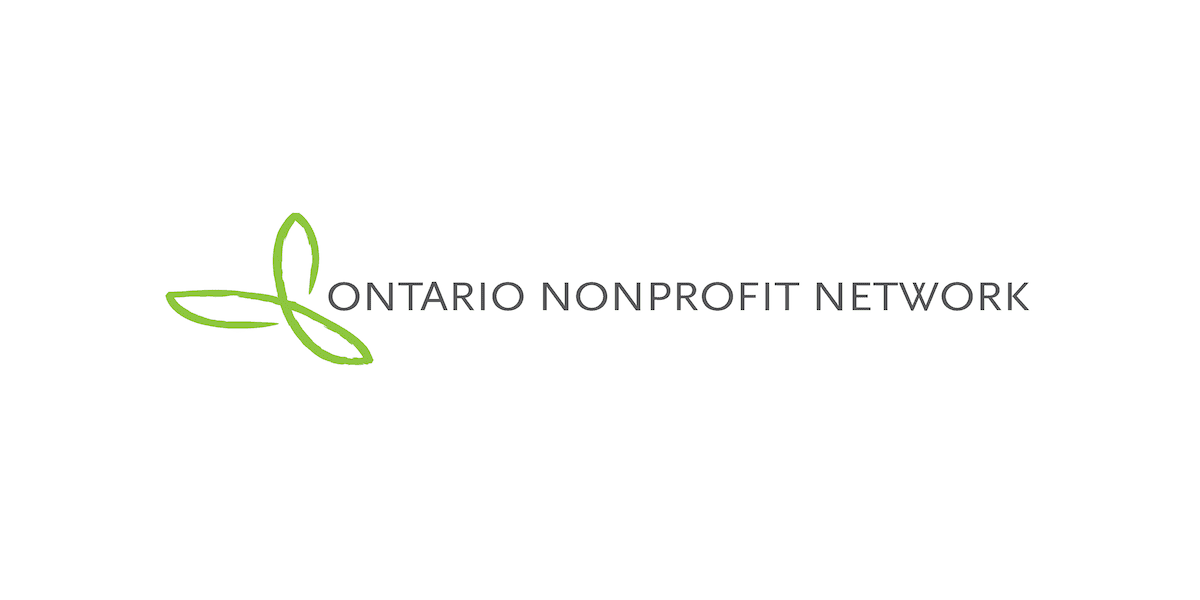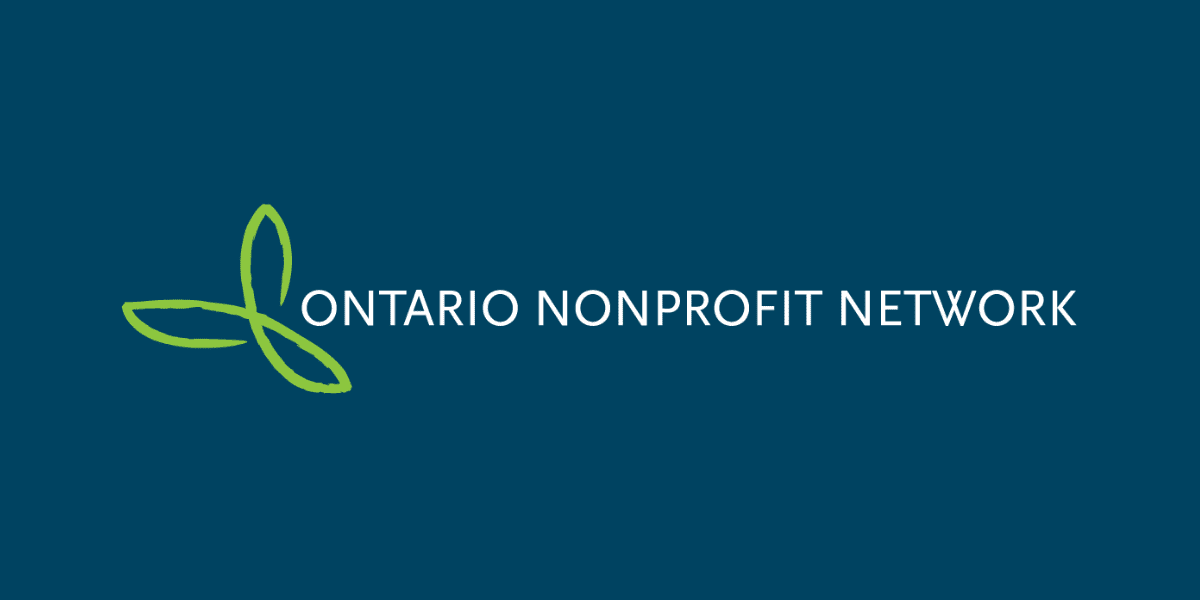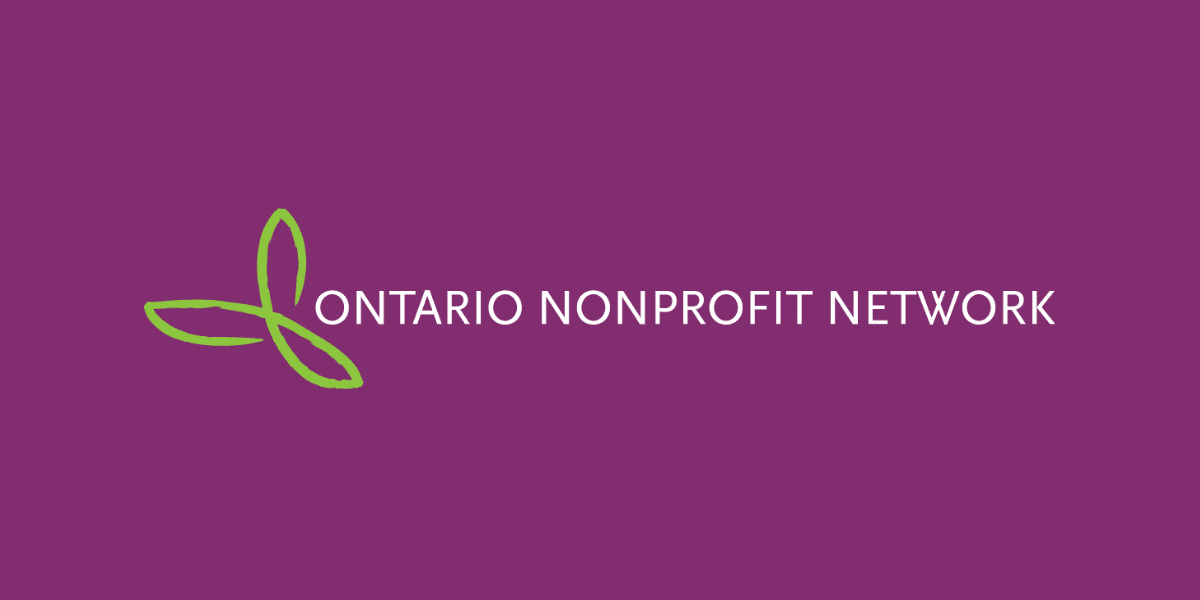The Federal Policy Environment
Ontario nonprofits and charities are subject to an archaic federal regulatory framework that hampers their ability to meet their missions. The Government of Canada should create an enabling federal policy environment for nonprofits to engage in public policy advocacy, earn income, and otherwise undertake activities to achieve their missions.
A number of initiatives are currently in play that will impact the regulation of charities.
Political Activities
Charities and nonprofits play a critical role in Canadian society to address issues that face communities across the country. Child welfare services, the integration of people with disabilities into community life, hospices for end-of-life care and reductions in acid rain are some of the many services, laws and regulations provided by government today that were shaped by local charitable organizations with their perspectives and on-the-ground knowledge. This role requires the charitable sector to engage in “political activities” (renamed policy advocacy) to help shape the policy and laws that have an impact on their work with the people and the communities they serve. (note this is not partisan political activities that government and the sector agree should NOT be allowed).
One of the key issues for charities is the limitation on political activities. While not all charities undertake nonpartisan political activities for some charities achieving their mission requires nonpartisan political activities (policy advocacy) arguing for changes to laws, regulation or other changes in approach. Canada Without Poverty took the Federal government to court over this issue as they were found to have exceeded the 10% policy advocacy limit. The Superior Court of Ontario in Canada Without Poverty v Attorney General ruled it is a charity’s right to engage in unlimited nonpartisan political activities. The Court struck down:
- The CRA’s 10% limit on nonpartisan political activities
- The Income Tax Act section that distinguishes between charitable and political activities
Changes to the Income Tax Act
The Federal government is appealing the Canada Without Poverty decision but, at the same time, they committed to bringing in a change to the Income Tax Act to allow charities to engage in political activities (now more appropriately called policy advocacy). This they have done and, after consulting with the sector, they have settled on wording that will open up policy advocacy for charities. Included in Bill C-86, the changes are working their way through the House. Key next steps will be to see how CRA guidance (interpretation bulletins) will define direct and indirect partisan political activity and how they will test if a policy activity is sufficiently linked to a charity’s mission.
This is a golden opportunity for the Government of Canada to fully implement the recommendations of the Consultation Panel on Political Activity.
The Senate has established a Special Committee on the Charitable Sector.
This Committee has been holding hearings all fall and has heard from many in the sector, including Cathy Taylor and Lynn Eakin of ONN, regarding what changes are needed to enable charities and nonprofit organizations to do their work. You can follow their work and read submissions. Initially due to report December 2018 they have requested an extension.
Background on the issue
Charities and nonprofits play a critical role in Canadian society to address issues that face communities across the country. Child welfare services, the integration of people with disabilities into community life, hospices for end-of-life care and reductions in acid rain are some of the many services, laws and regulations provided by government today that were shaped by local charitable organizations with their perspectives and on-the-ground knowledge.
This role requires the charitable sector to engage in “political activities” to help shape the policy and laws that have an impact on their work with the people and the communities they serve.
The Government of Canada has committed to review the regulation of political activity by charities. It conducted a public consultation to which many responded.
Imagine Canada developed a position on political activities. ONN supports its recommendation that:
The Income Tax Act be amended to restore an emphasis on charitable purposes, rather than regulating how charities achieve those purposes.
The focus on activities, including political activities, in the Income Tax Act should be removed. The prohibition on partisan political activity would remain.
We echo all of Imagine Canada’s recommendations about clarifying definitions and scope regarding partisan political activity so that we can be more confident in engaging in our work.
Changing the Income Tax Act to focus on purposes, rather than activities, could have spillover effects beyond charities’ public policy work. For example, it would likely mean a rethinking of the regulations that govern charities’ business activities. We are committed to working with the CRA to ensure that such changes benefit the sector’s work.
More background
Amending the Income Tax Act to focus on charitable purposes rather than activities would not grant charities the right to engage in partisan activity. Indeed, we strongly support the prohibition on partisan activity by charities.
Amending the Income Tax Act would also not facilitate the rise of “single issue” organizations, set up for the sole purpose of proposing or opposing a law or policy. The common law already prohibits those organizations from becoming charities; changing the Income Tax Act would have no effect on that common law provision.
There is a troubling discrepancy between charities’ ability to engage the public on policy matters and the ability of the private sector to do so. As included in Imagine Canada’s brief (page 3):
“In recent public discourse, some of these restrictions have been justified based on the unique tax treatment that charities receive. This is not an adequate rationale for restricting charities in comparison to other types of organization.
Other organizations face no limits on the resources they can devote to “political activity.” This is despite the fact that:
- Other sectors also benefit from substantial tax expenditures and direct public funding.
- Charities are the only sector required, by law, to act in the public interest.
- Charities are the only sector required, by law, to use well-reasoned and truthful arguments when discussing public policy.
Limiting charities’ ability to engage the public is bad for democratic dialogue, particularly when our organizations are constituted for and required to act in the public benefit.”
Sector voices
- Association of Ontario Health Centres
- Canadian Association of Family Resource Programs (FRP Canada)
- Canadian Dance Assembly
- CFUW Charitable Trust
- Ducks Unlimited Canada
- Environmental Defense action campaign including a petition for individuals to add their support.
- Équiterre – English version; en français
- Excalibur ADHD Association
- Garthson Leadership Centre
- Muskoka Lakes Association
- Ontario Genealogical Society
- John Ryerson, Volunteer
- St. Stephens Community House
- Sudbury Workers Education and Advocacy Centre
- Toronto Arts Council and Toronto Arts Foundation
- Toronto & York Region Labour Council
- Voices-Voix
- Youth and Philanthropy Initiative Canada
Helpful links
- The CRA Political Activity Consultations: Context and Recommendations for Charities and Nonprofits – Resetting the definition of charities’ work in public policy with Bill Schaper (Imagine Canada), Richard Keith (Environmental Defence), and Cathy Taylor (ONN): webinar recording; webinar slide deck
- Imagine Canada submission to the CRA: Political activities by registered charities
- Imagine Canada’s Call to Action on CRA’s political activities consultation
- Canada Revenue Agency: Consultation on charities’ political activities
- Imagine Canada report: How Has the Advocacy Chill Affected Charities?
- Infographic – Nonprofits Step Up: The role of nonprofits in democracy
- ONN’s Leadership in Changing Times: An Overview and Trend Analysis for Volunteer Boards of Directors of Community Organizations in Canada





